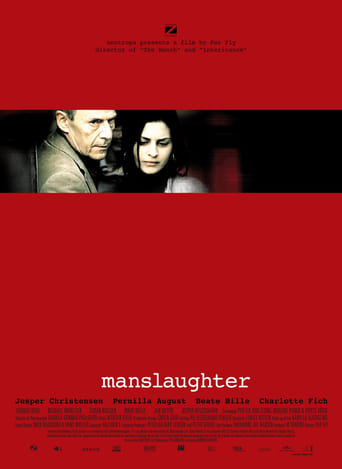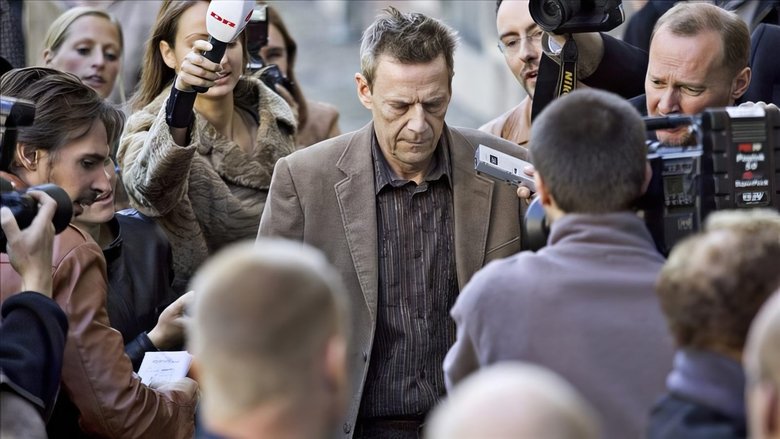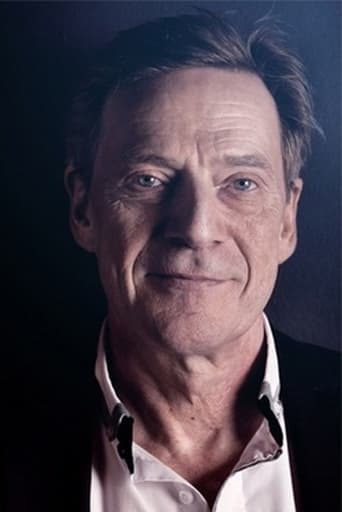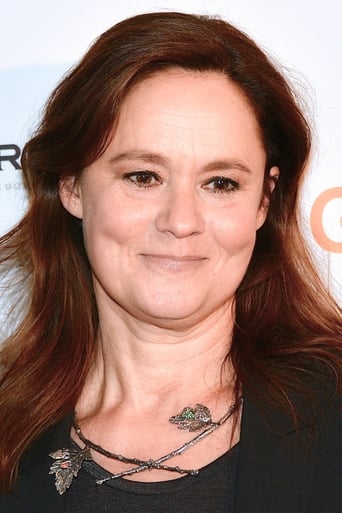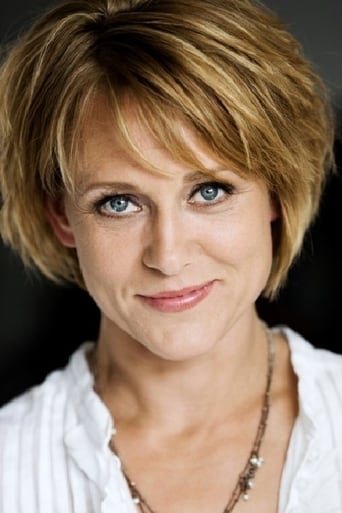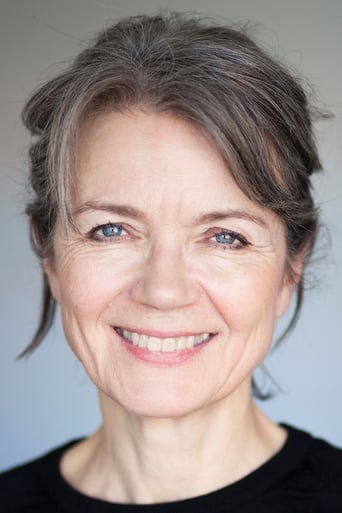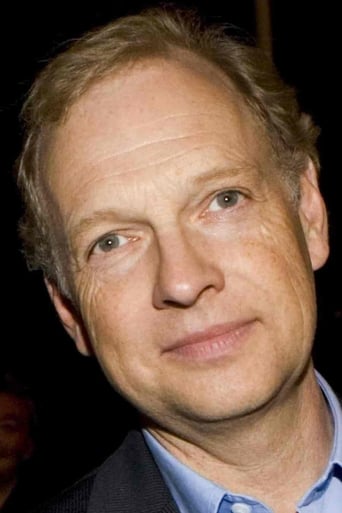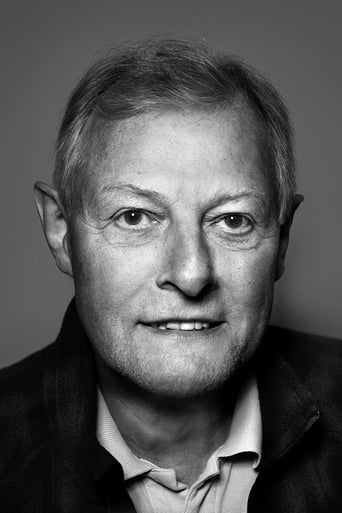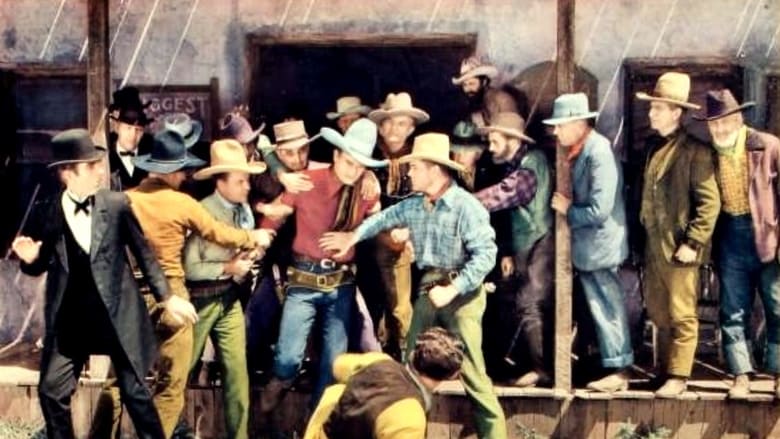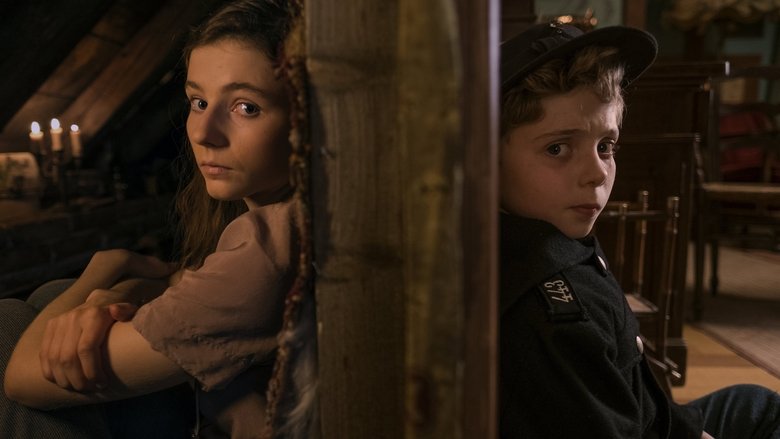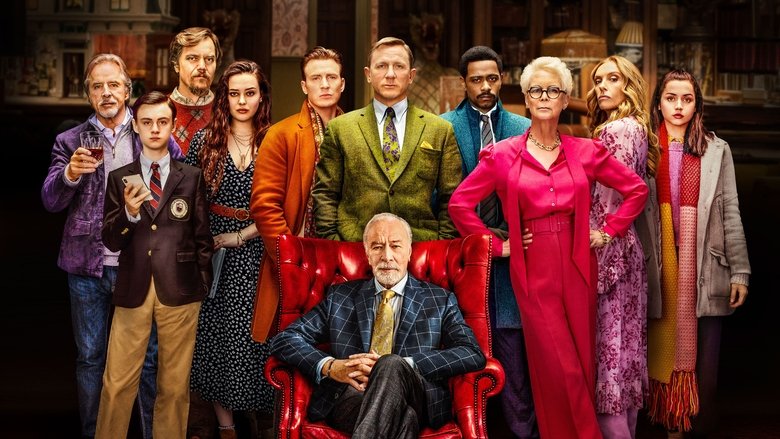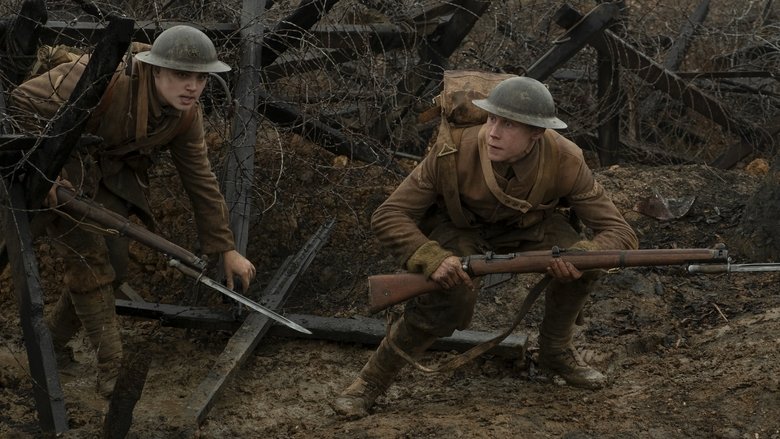A college professor abandons his family and his career in order to champion his mistress, a student radical accused of killing a policeman.


Reviews
In this, the third installment in Per Fly's trilogy, again the familiar conservative themes of the primacy of family, and a moral imperative not to shirk responsibilities, yet not to harm others, come to the fore. In a scene reminiscent of shock-jock Jack in Terry Gilliam's The Fisher King inciting a listener to murder, Carsten possibly instigates Pil's violent actions resulting in the murder of a policeman, the arrest of his young activist lover, the end of his marriage, and the start of some predictable but still interesting relationship developments and deepening moral questions. This reviewer did not find it drawn out, rather, the pace was about right.
YAWN YAWN YAWN! Ask any so called intellectual movie-critic, and he or she will say that this movie is oh so great. They will say that this movie deals with the dark side of man, with moral dilemmas! That might be true, but at the same time this movie has been seen many times before in Danish movies. Make up something new! Per Fly has been said to be a genius. Yeah well, if a genius is a person who can copy, then he is. The existential themes of this movie is not something new, Kierkegaard and the Sartre (just to mention a few) have written about this a long time ago. And what is up with Charlotte Fich! She is a Drama Queen in this movie. I understand the role she plays, I just don't believe in it. She overdoes it!
A teacher's activist mistress runs over and kills a police officer. The teacher leaves his wife to stand by his girlfriend. The focus in this one seemed off to me. The atmosphere is of a thriller or a noir, when instead the issues would have been brought out better without these elements (e.g., the lighting and the musical score). I also felt the plot was poorly developed. The girlfriend and the two men who were with her during the fateful night get off nearly scot-free because none of them confesses and therefore they can't prove which one of them was the driver. Either the Danish legal system is the worst in the world or their detectives really suck, or, probably the true option, the screenwriters don't have a clue how these things actually work. (n.b. according to one IMDb reviewer, the first option is the correct one!).
Although not a class society in the classical sense, Director Per Fly has depicted the struggles, troubles and worries of the underclass, the middle class and the upper-class of modern Denmark in a trilogy consisting of "Bænken (The Bench)", "Arven (The Inheritance)" and "Drabet (The killing / The murder / The homocide)". While the environments, the surroundings and the living standards of the different classes clearly differ, the true problems that the persons encounter are essentially somewhat the same."Drabet" has the middle class as it's point of departure. A grammar school (or senior high school) teacher lives in Copenhagen together with his Swedish wife. Their son, being as old as the students the father teaches, has moved out with a girlfriend. On the surface everything seems idyllic, but things aren't going well at all. The main character, Carsten, is having an affair with an old student, who is approximately of the same age as his son. Being an old left-wing activist, Carsten's life is given a new meaning with the entrance of this young, leftist girl in his life, but his dual role is pushed to an ultimatum when the girl and two other activists kill a police officer in a hit-and-run after a vandalism action. The three get arrested and Carsten chooses to abandon his "supposed" dull life with his wife in favour of supporting the girl in prison. He begs her not to confess to the police who drove the car in order for her not to be convicted for premeditated murder.From this point on a number of plot twists throws the main character into many moral dilemmas. In pursuit of personal happiness and meaning of life, he realizes (too) late what his actions have had of consequences. When he realizes his mistakes, is it too late for him to turn things around? Can he be redeemed? Can he redeem himself? The style of filming has strong resemblance to the other two films: The mood and dialogue are realistic depicted; There is a focus on emotions through the characters' eyes. The down-to-earth filming is contrasted, but also paralleled, with some 4 dream-like sequences of the main character jumping of a cliff with a parachute, falling, falling with the green land on the one hand and the endless sea on the other - which way will he end? In one sequence his parachute catches fire, but it's only a dream! In the end he lands on the land. But he is all alone.The actors do a great job. It is however, funny if not silly, why the main character has this Swedish speaking wife, as was the case in "Arven", which is probably a requirement from the sponsor, Svensk Filmindustri (SFI) in order to be able to hit wide on the Swedish market as well. Many scenes are so emotional intense that you feel like curling your toes, but the camera has no mercy, it just keeps filming: We have to sit through the long sequence where the wife finds out about the affair, the sequence where the dead police officer's wife screams at the top her voice in court, the sequence where the main character tells an old friend to keep out of his life. The best scenes in the film are the one without dialogue - the silence is so effectful. Kudo to Jesper Christensen for pulling an amazing performance, almost on par with the sublime one he made in "Bænken".Fly's "Drabet" can both be seen as social realism, poking to a middle class in Denmark that Has It All, but forgets how to live life, be happy and protect the true values in life, but also a story of ordinary people put in extreme situations. The film has a nice ambiguous ending, although clearly the most optimistic of the three films. What I particularly like about the film is that it isn't moralizing, but it indeed tells a lot about society and hopefully make us re-evaluate our own lives.The trilogy will be remembered for many years and will hopefully mark a fine start in a long and great film career from director Per Fly.Strongly Recommended; Rating: 8/10
